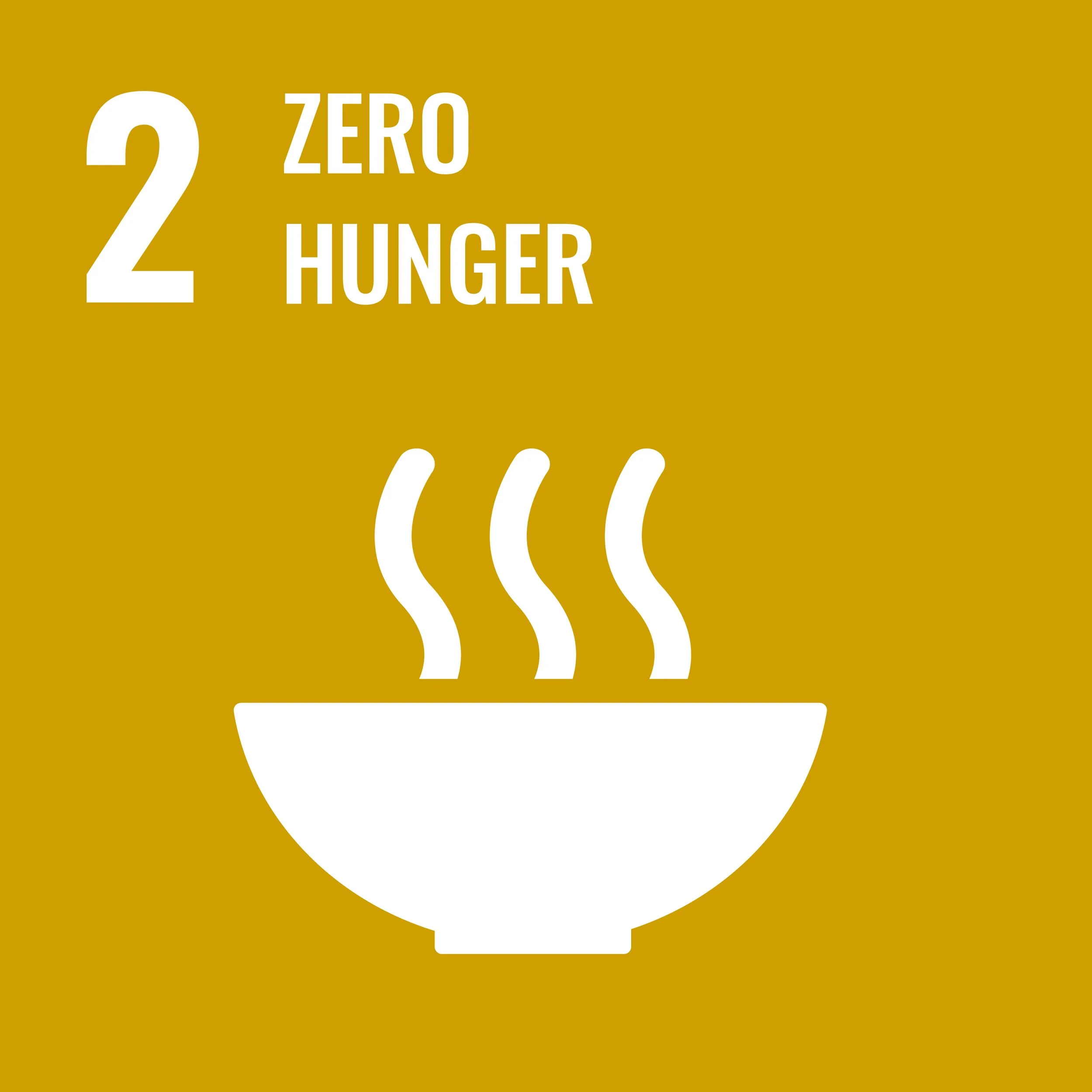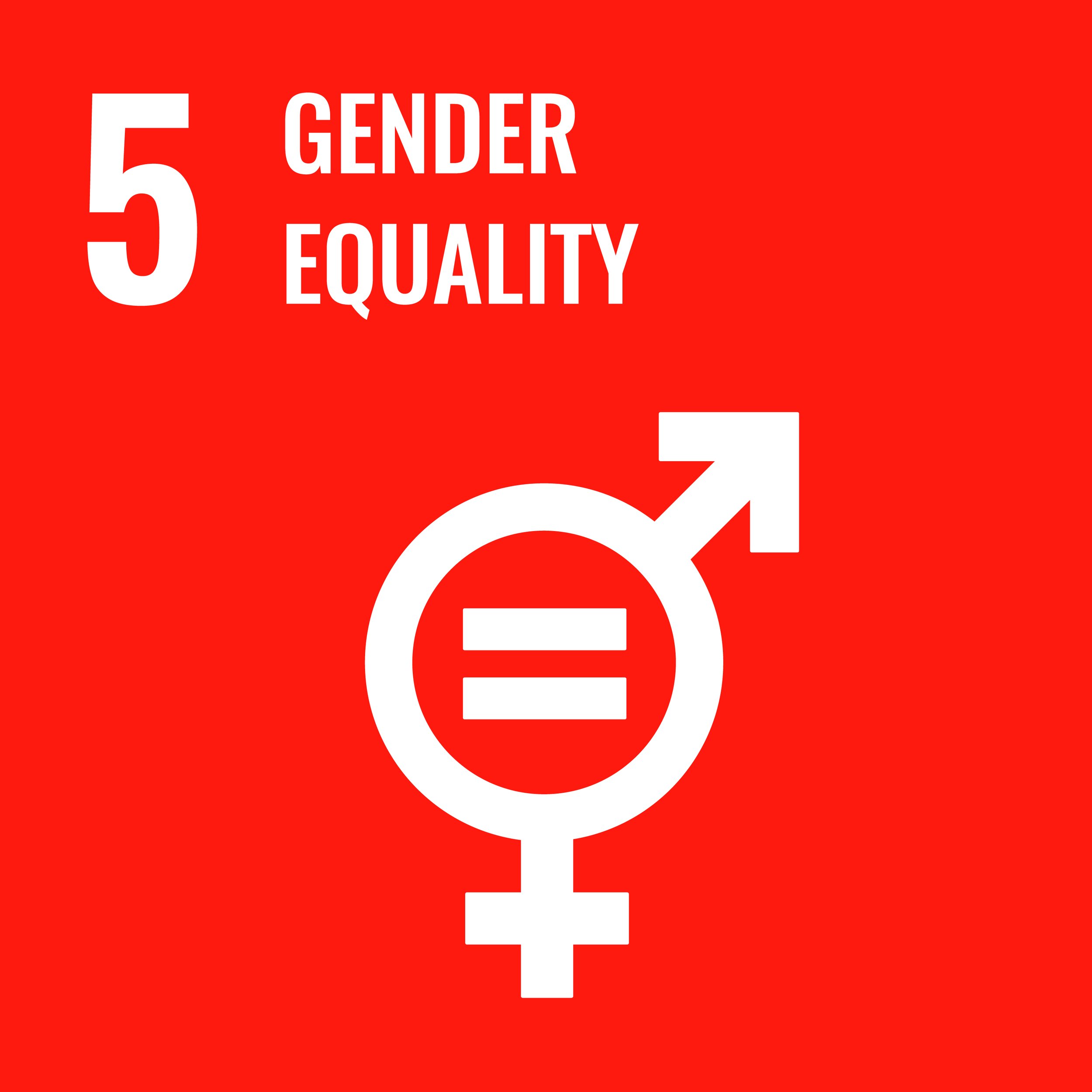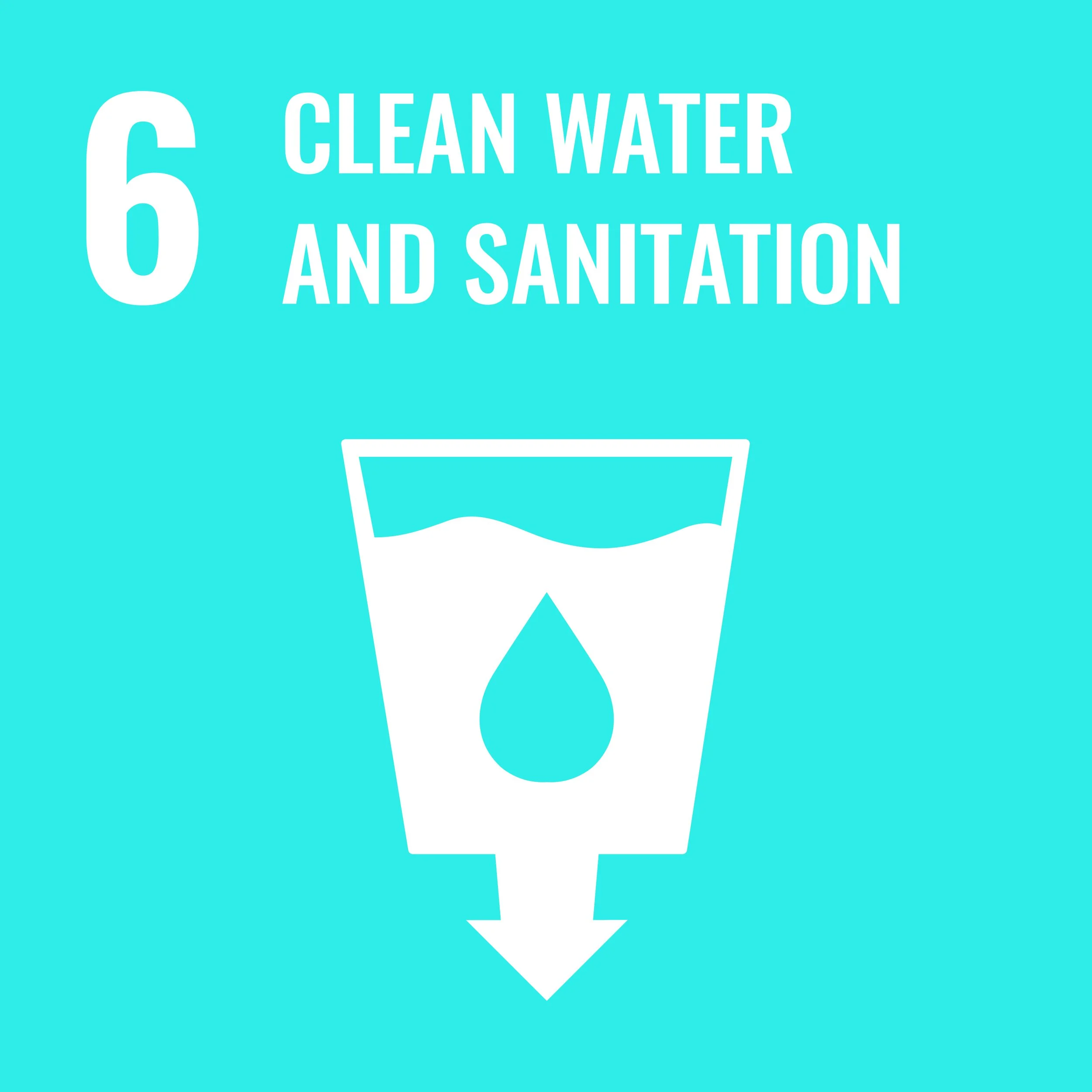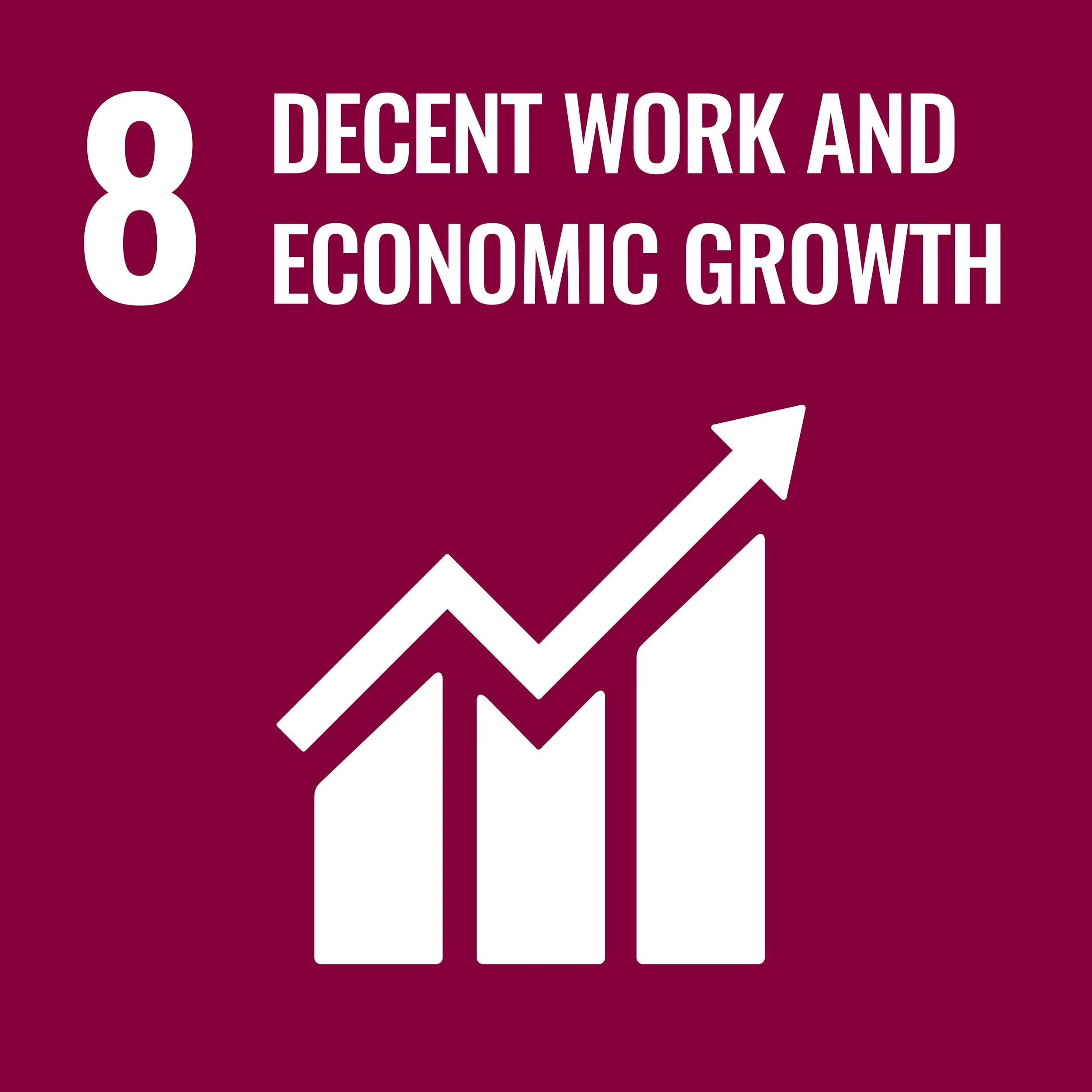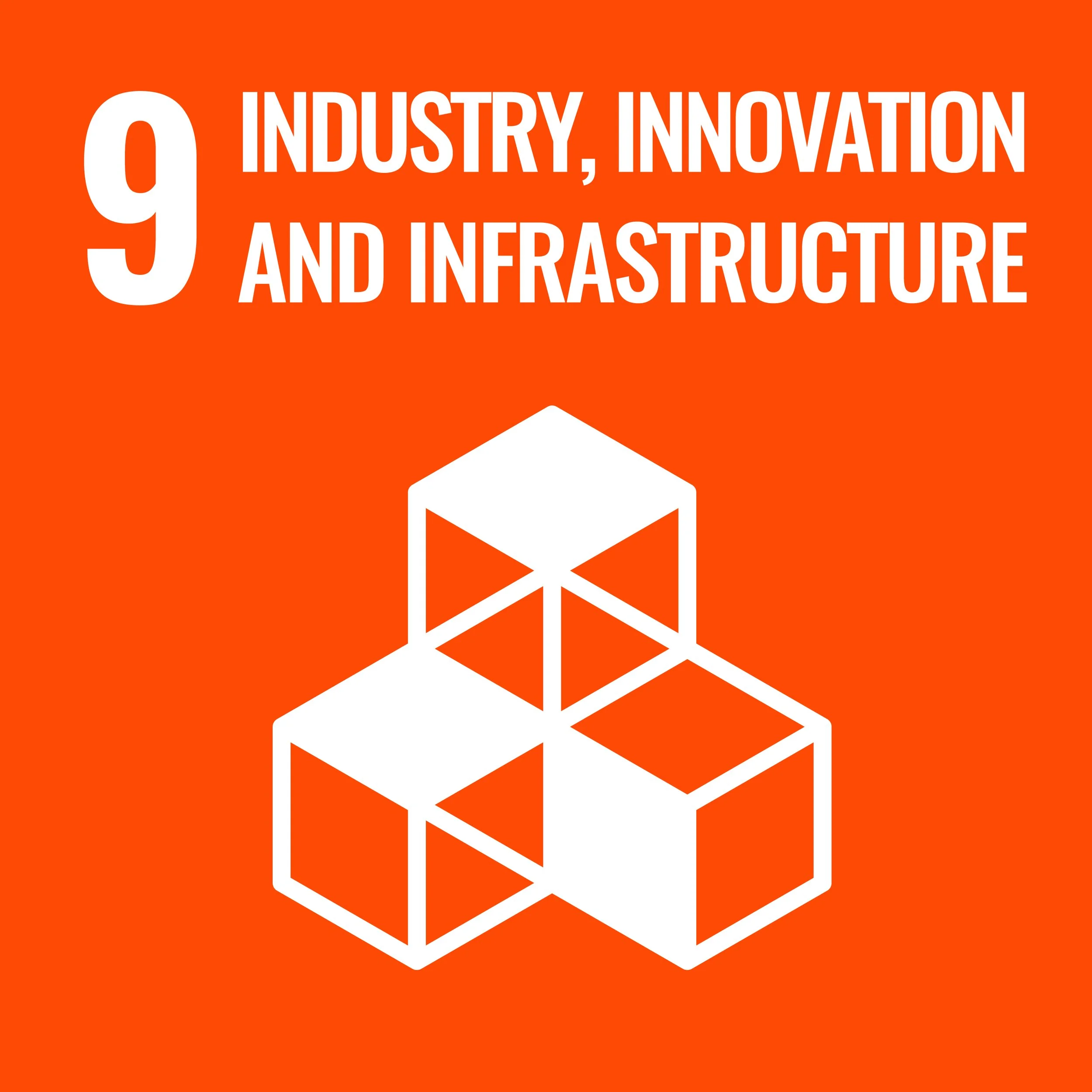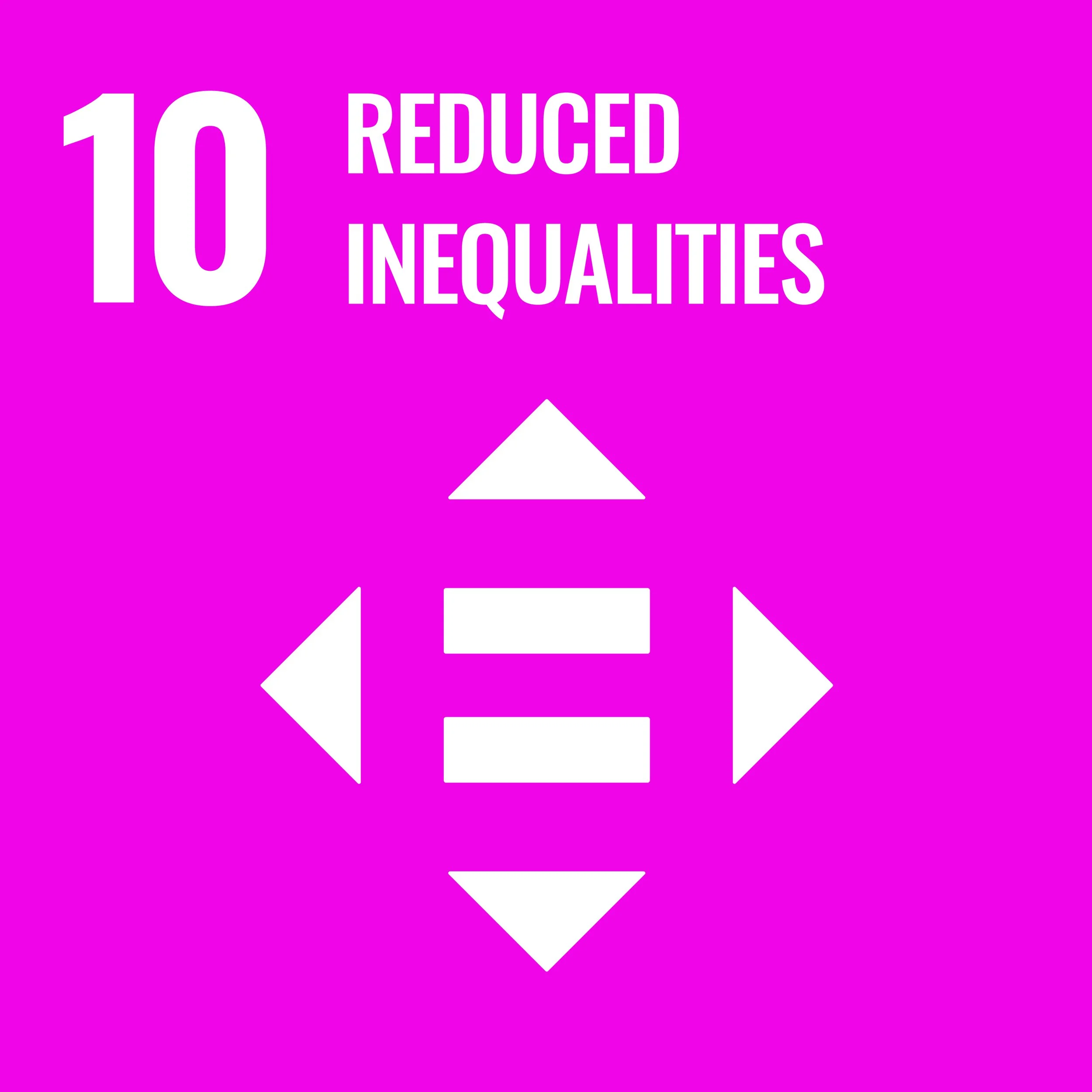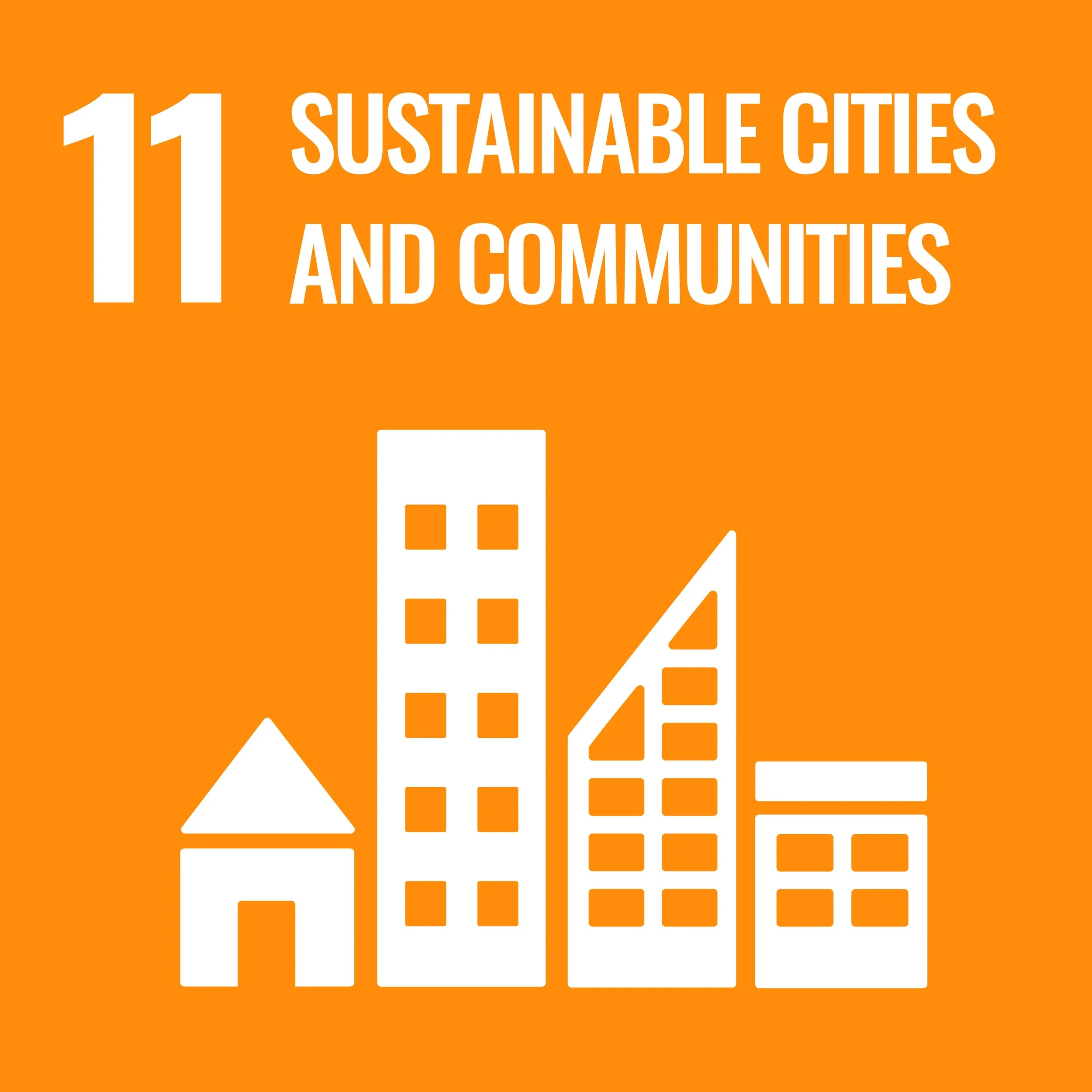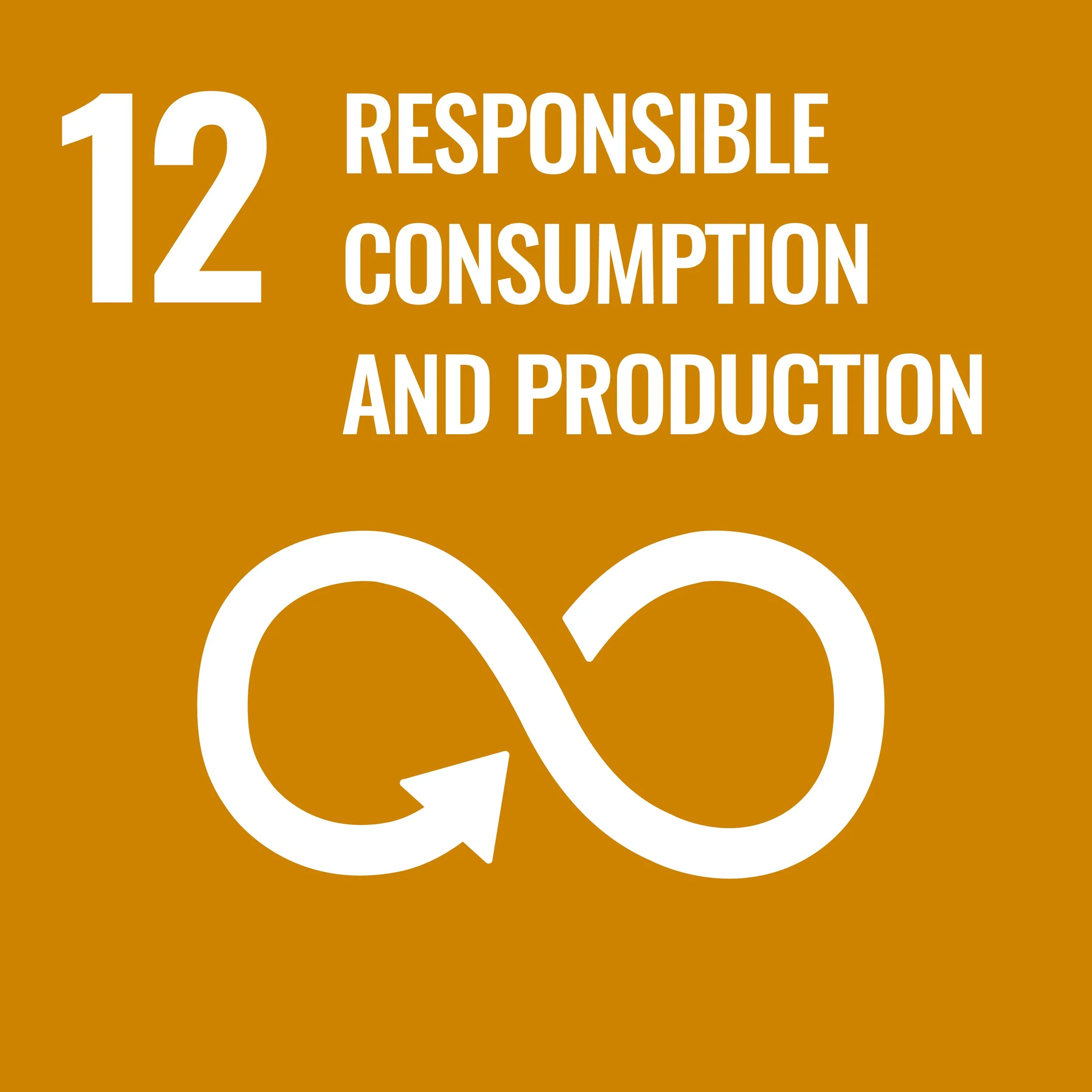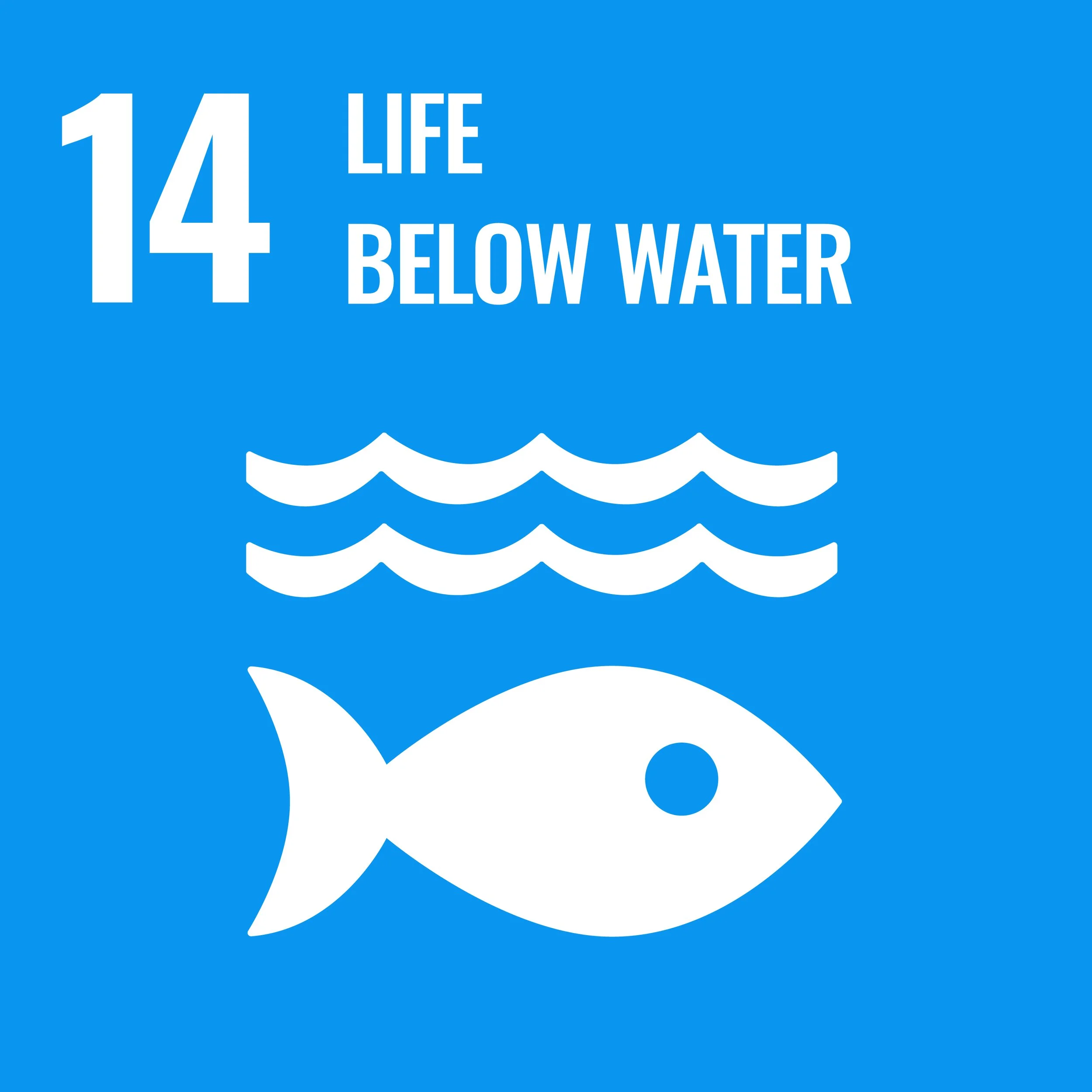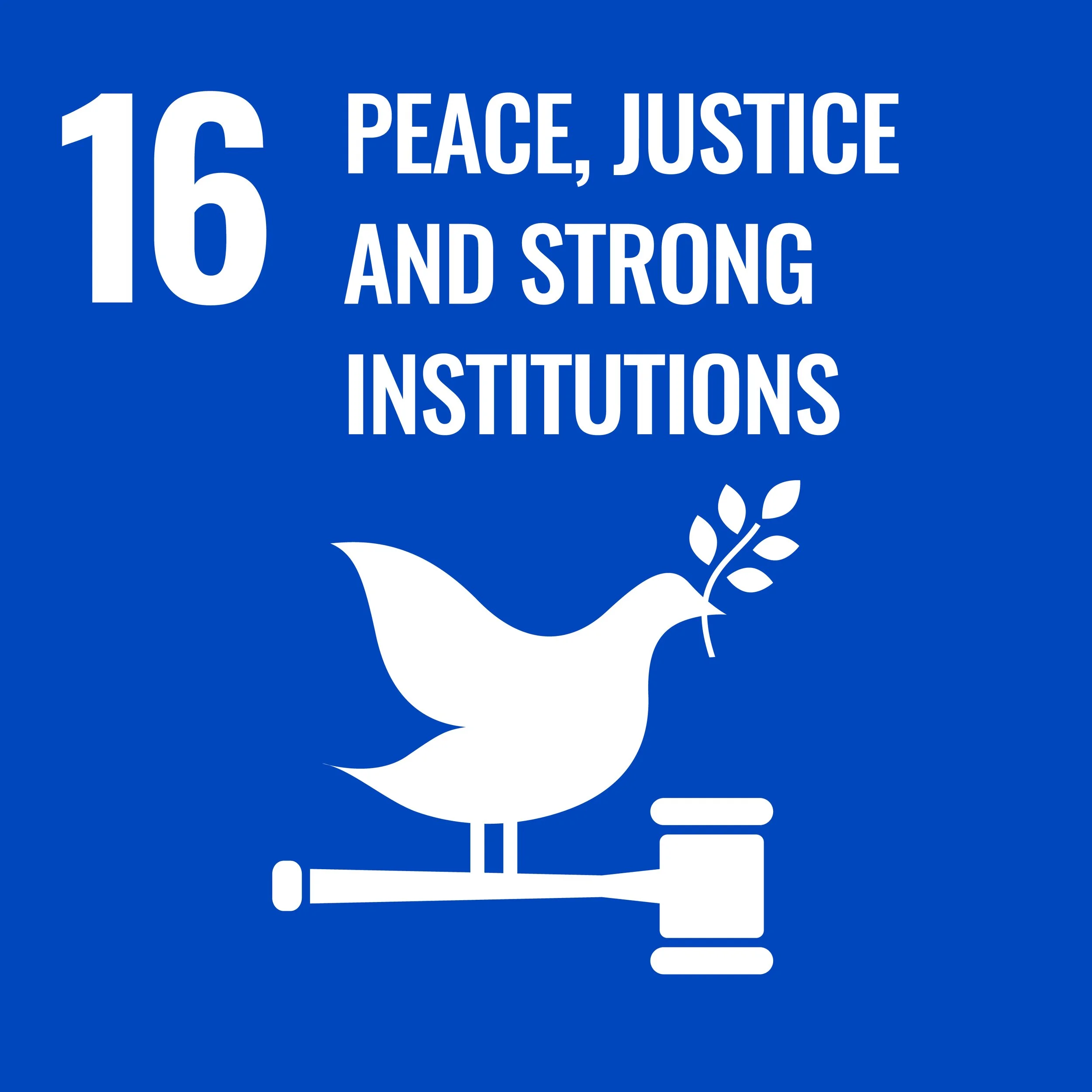
Sustainable Outcomes.
Our Sustainable Certification address the United Nations 17 Sustainability Development Goals (SDGs), a blueprint to achieve a better more sustainable future for all.
Certified Sustainable organisations can directly link their actions and outcomes to ESG reporting requirements.
Environment
Lower GHG - Reduced GHG in crop production
Land to maintain minimum 10% habitat for ecosystem maintenance
Soil and landscapes
Measured improved soil health and functionality
Improved soil biology measure through microbial testing
Minimum 30% ground cover, crop rotation and climate appropriate plants
Low tillage and maintaining ground cover to reduce erosion
Biodiversity
Improved soil biology and natural fertility increase flora, fauna and microbes that can inhabit the ecosystem
Water efficiency and cleanliness
Rainfed broadacre farming preferred over irrigated systems
Climate appropriate and adapted plants
Reduced soil moisture evaporation through improved groundcover management
Limited synthetic fertilisers reducing water contamination
Air
Quality system in place to ensure crop inputs used do not impact air quality
Energy and inputs
Composting of wastes is encouraged to cycle nutrients bank into the land.
Source and Impact of energy sources used are monitored and measured
People and communities
Livelihoods
Fair access to a decent living and equitable pricing for growers processors and consumers
Nutritious food
Healthy soil shown to produce nutritious food Link to article based on a new study
Nutritionally dense product is packaged to leading standards for consumption
Building communities
Industry contribution to community economic growth engagement and utilisation with audits in place
Health Safety and Wellbeing
Above industry standard safe working environments
Rights equality and Diversity
Zero tolerance for descrimiation.
Recognition and respect of indigenous lands and culture
Governance accountability and traceability
Good Governance ACCC recognised certification trademark
Annual 3rd party Audits to verify compliance
Risks assess and mitigated through Quality Systems
Fair Trading
Transparency and accountability demonstrated through supply chain disclosure
BioSecurity
Observation, monitoring, recording and communication of results ensures biosecurity measures are in place and working.


